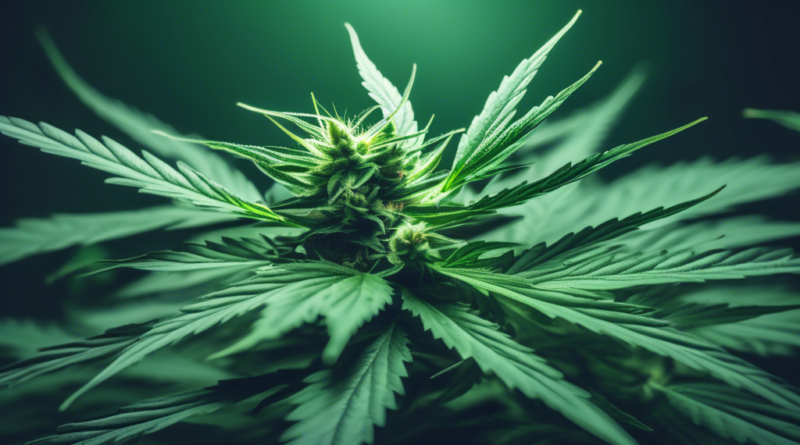Ohio’s Senate Bill 326: Navigating New Regulatory Challenges in the Cannabis and Hemp Industries
The cannabis business sector continues to be a focal point of regulatory scrutiny across various states in the U.S., with Ohio being the latest to introduce significant legislative measures. The ongoing discussion around cannabis and hemp products is not only crucial for consumers but also pivotal for businesses operating within this volatile market landscape. Particularly, Senate Bill 326 introduced in Ohio has set off a wave of reactions among stakeholders.
Understanding Ohio’s Proposed Legislation
Ohio’s Senate Bill 326, spearheaded by Republican State Sen. Steve Huffman, represents a direct effort to curtail the sale of what are defined as intoxicating hemp products. Such products are specifically those containing more than 0.5 milligrams of delta-9 THC per serving, 2 milligrams of delta-9 THC per package, or 0.5 milligrams of total non-delta-9 THC per package. The bill’s stringent restrictions aim to phase out most delta-8 or delta-9 THC offerings in the marketplace, which generally surpass these outlined thresholds.
This legislation is declared as an emergency measure, emphasizing its urgent role in safeguarding public peace, health, and safety. The initiative is notably focused on protecting the youth from accessing products that are currently untested and unregulated, addressing a growing public health concern in Ohio.
Implications for Market and Consumers
The regulatory intent behind Ohio’s legislative action reflects a cautious yet sharp approach to how intoxicating hemp products are managed within the market. Imposing steep fines ranging from $10,000 to $50,000 for violations, the proposed bill calls for rigorous compliance protocols among retailers. This movement, though primarily affecting local convenience stores and smoke shops, may propel wider industry changes as businesses adapt to the new legal frameworks.
Despite the stringent measures, Ohio’s regulated recreational and medical cannabis programs remain untouched, signifying the state’s strategic separation of regulated cannabis from hemp-derived products. This distinction highlights a nuanced understanding of the cannabis ecosystem, wherein regulated products are managed distinctly from those arriving under the guise of hemp but exhibiting significant psychoactive properties.
Stakeholders across the industry must remain vigilant as changes on the state level often reflect broader national discussions that can herald shifts in federal cannabis policies. Notably, this legislative tone echoes elements from the 2018 Farm Bill, which effectively legalized hemp with certain THC content limits but left critical regulatory gaps concerning hemp-derived THC products. Industry participants must keep an eye on how federal discussions and potential Drug Enforcement Administration (DEA) actions might impact these state-driven initiatives.
In summary, Ohio’s move to ban intoxicating hemp products underlines a growing tendency among state regulators to prioritize public health and safety while cautiously navigating the cannabis sector’s evolving dynamics. For businesses and consumers alike, adapting to this changing landscape will be paramount as the interplay of state and federal policies continues to shape the future of cannabis and hemp industries in America.

